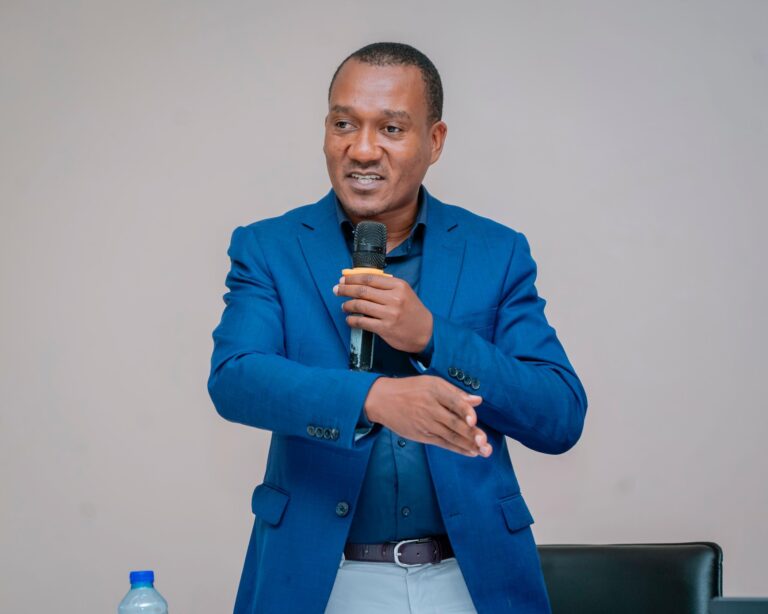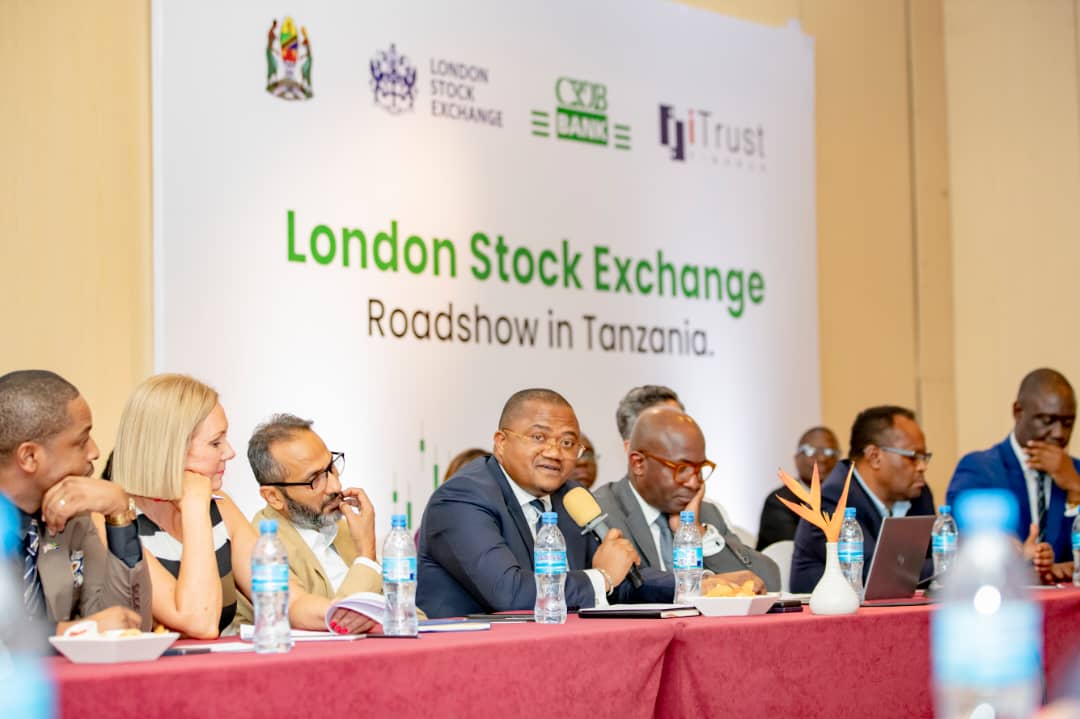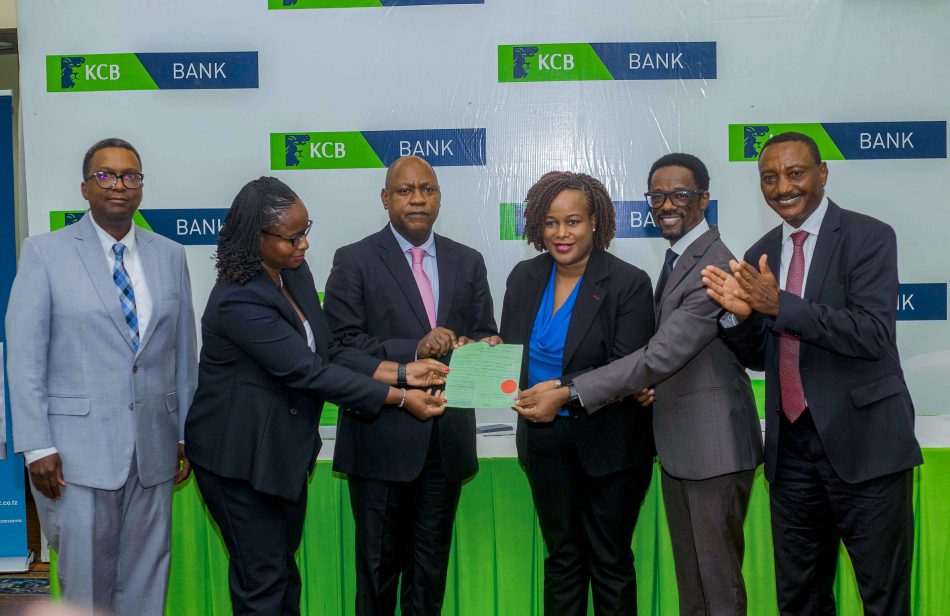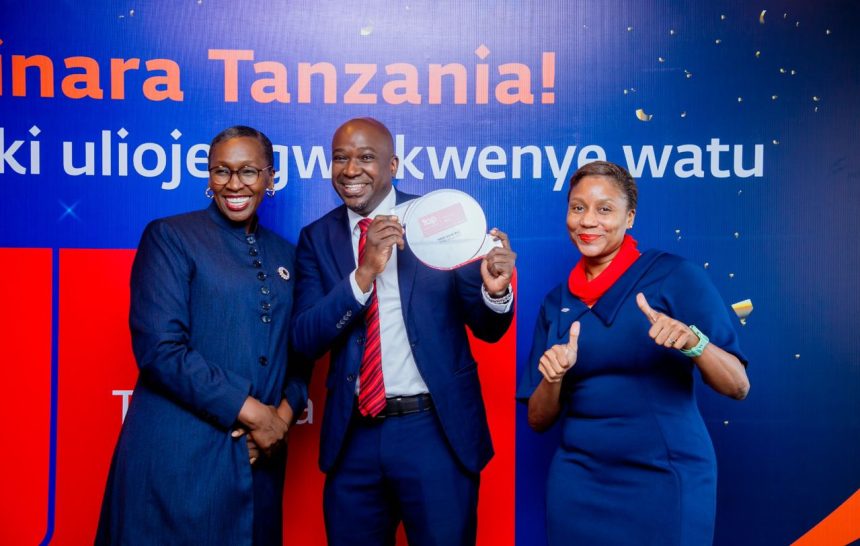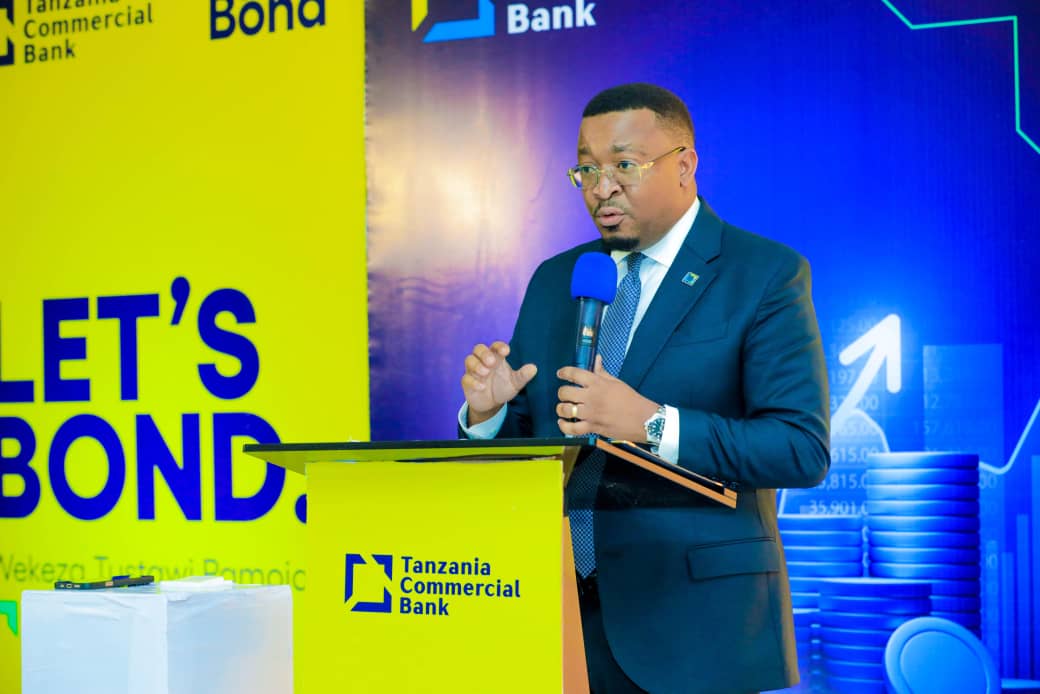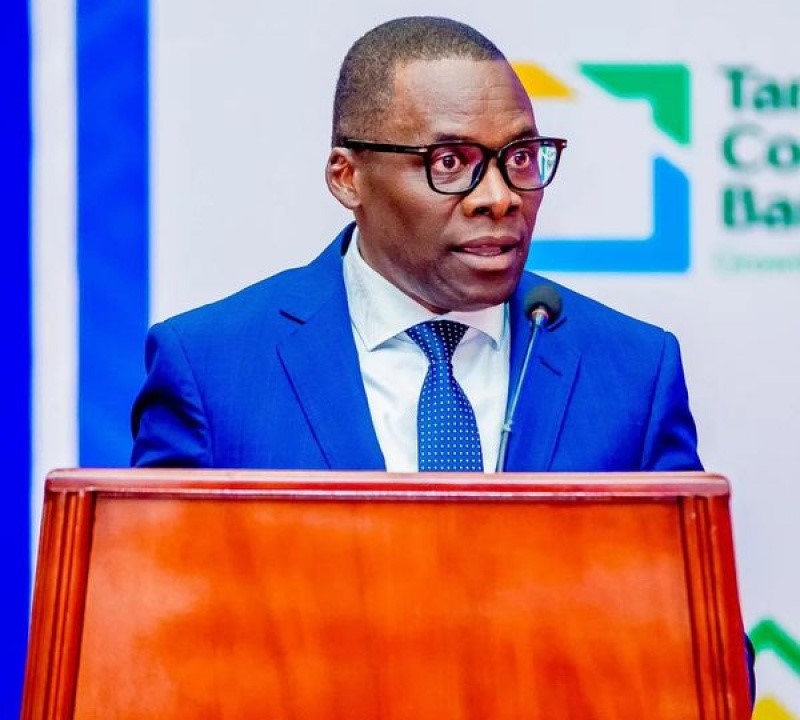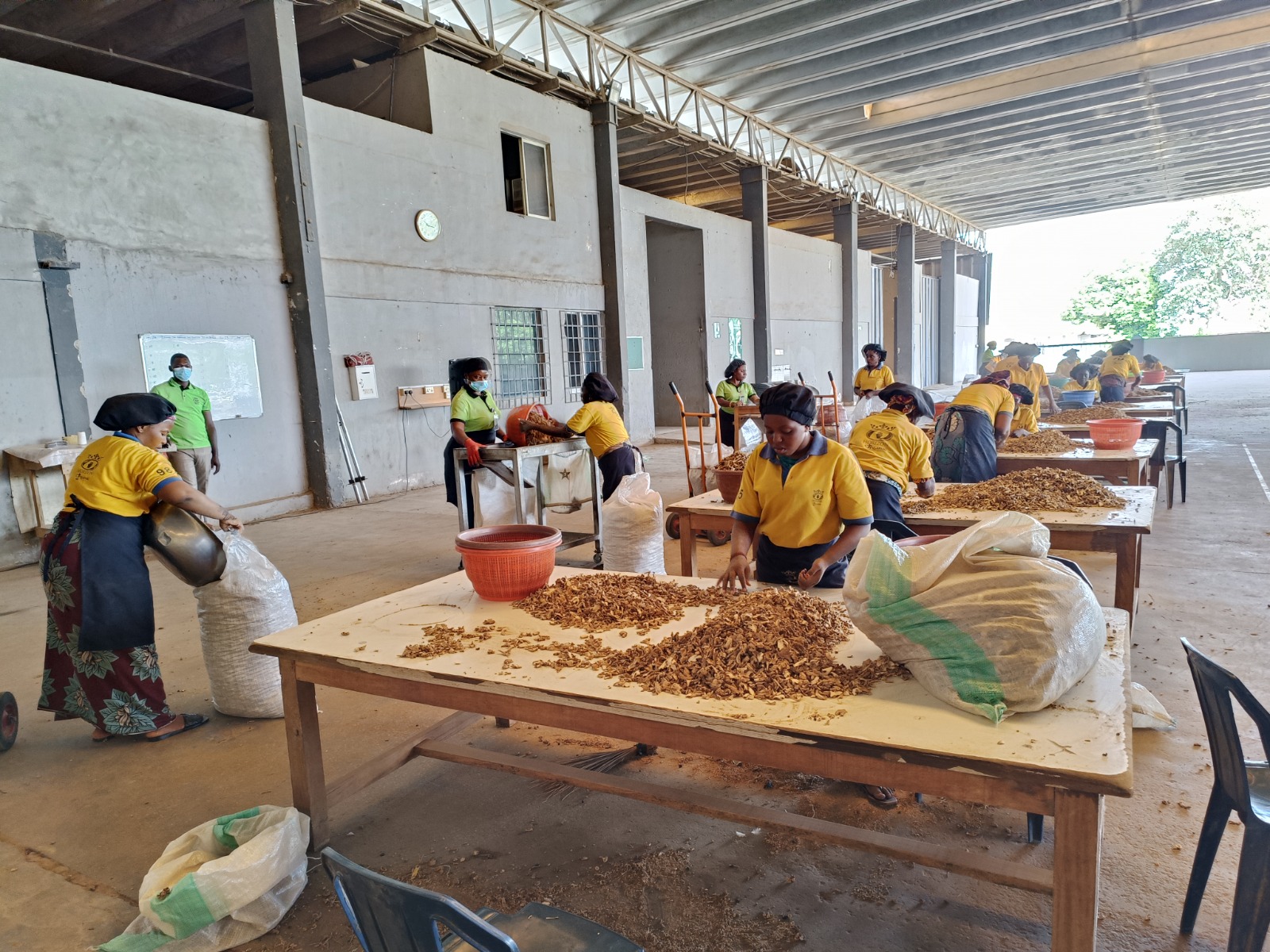Arusha. Tanzania Railways Corporation (TRC) has said that closer collaboration with the private sector in the operation of the Standard Gauge Railway (SGR) could substantially increase its revenue base compared with current levels of self-operation.
TRC’s director-general, Engineer Machibya Shiwa, made the remarks in Arusha on the sidelines of the Working Session of Board Chairpersons and Chief Executives of Public Institutions (CEOs Forum), which took place between August 23 and 26, 2025.
He explained that, under the government’s wider reforms of state-owned enterprises (SOEs), TRC must shift its commercial and operational model to one that allows greater private sector involvement.
He noted that TRC has long struggled with the underutilisation of its assets, with vast infrastructure operating at nearly one-third of its potential.
“Opening up freight services, maintenance works and rolling stock management to private players would not only enhance operational efficiency but also unlock new revenue streams for the corporation,” he said.
According to Engineer Shiwa, amendments to the Railways Act of 2017 in 2023 created the legal framework for private participation.
This legislation allows licensed operators to run services on the SGR, while TRC can increasingly focus on its role as infrastructure manager.
Private Interest in SGR Freight Operations
The push for private participation comes after freight services on the SGR officially commenced on June 27, 2025, between Dar es Salaam and Dodoma, marking a critical milestone for Tanzania’s logistics sector.
The SGR freight trains are now moving daily from Pugu to Dodoma in just under 10 hours.
Already, several leading Tanzanian conglomerates, including Bakhresa Group, GSM Group and Mohammed Enterprises, have formally expressed interest in operating freight services on the SGR network.
Others, such as Lake Oil, Azania and Jambo, are exploring either cargo or specialised passenger operations.
The government reinforced this direction by gazetting the Railways (Open Access) Regulations in March 2024.
The regulations outline licensing conditions, including application and service fees, thereby providing clarity for private investors keen to run their own trains on TRC’s infrastructure.
Lessons from TAZARA
Officials point to the Tanzania–Zambia Railway Authority (TAZARA) as an existing example where private operators have already been allowed to participate in freight services.
Logistics firms have entered into agreements with TAZARA to run cargo trains, helping to revive operations and demonstrating that public–private collaboration can sustain railway corridors.
SGR as a Strategic National Asset
The SGR is Tanzania’s most ambitious infrastructure undertaking in recent decades, built at a cost of around $10 billion for its 2,561-kilometre network.
The system will eventually extend from Dar es Salaam to Mwanza and Kigoma, with further links to Rwanda, Burundi, Uganda and the Democratic Republic of Congo.
Passenger services have already proven commercially viable.
In its first year of operation between Dar es Salaam and Dodoma, the SGR transported more than 2.5 million passengers and generated over Sh60 billion in revenue.
The government now expects freight operations to match this success by shifting a significant share of cargo from road to rail, reducing transport costs, and enhancing regional trade.

